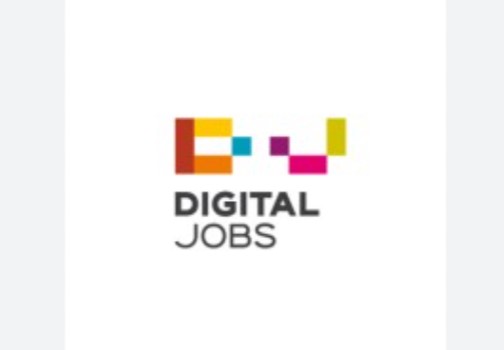adverts
A groundbreaking report from the International Finance Corporation (IFC) has revealed that Ghana is on track to generate 9 million digital jobs by 2030, heralding a new chapter in the country’s economic development.
This digital transformation is expected to generate nearly $4 billion in revenue, positioning Ghana as a leader in Sub-Saharan Africa’s digital economy.
The report, endorsed by Sérgio Pimenta, IFC Vice President for the Middle East and Africa, identifies Ghana as an emerging hub for digital opportunities. It outlines a two-fold revenue model:
adverts
- Business-to-Consumer (B2C) Market: Serving around 700,000 individuals, this segment is projected to generate $320 million in revenue.
- Business-to-Business (B2B) and Business-to-Government (B2G) Sectors: This larger segment is expected to cater to 18 million people, with potential revenues of $4 billion by 2030.
The growth of digital employment opportunities will be complemented by 20 million training opportunities, thus creating significant momentum for education and workforce development across Ghana.
To leverage this emerging digital economy, Ghana must focus on bridging the skills gap. The report emphasises the growing need for digital skills at both basic and advanced levels:
- Basic & Intermediate Skills: Required for roles in automated manufacturing and digital service industries. These can be gained through short courses lasting between three to twelve months.
- Advanced Skills: Professionals with expertise in programming, data analysis, and engineering will be needed to drive technological innovation.
Institutions like Ashesi University and Lancaster University are already leading the way by offering programs that prepare students for high-demand digital roles, setting a standard for others to follow.
Despite the immense opportunities, Ghana faces significant challenges in meeting the growing demand for digital skills:
- There is a notable gap in intermediate and advanced skill levels that could hinder economic progress.
- Without the right expertise, companies may seek international talent, undermining the potential of Ghana’s local workforce.
- ICT integration in education, although present, is not sufficient to address the requirements of the Fourth Industrial Revolution.
To bridge this gap, the country must prioritise practical, market-aligned training and ensure its education system evolves to meet the digital economy’s needs.
Educational institutions, both public and private, have a pivotal role to play in this transformation. By expanding digital skills training programs, they can better align graduates with market demands and boost employability. Furthermore, collaborations with technology companies can ensure that training is relevant and up-to-date with industry standards.
Ashesi University, for example, exemplifies how educational institutions can address these needs through innovative curricula that incorporate digital literacy and socio-behavioural skills, such as adaptability and teamwork.
The push for digital jobs and skills development aligns with broader goals, including the United Nations Sustainable Development Goals (SDGs), particularly those focused on quality education, decent work, and economic growth. By investing in the digital sector, Ghana is poised to create a resilient, inclusive economy that can compete on the global stage.
The 9 million digital jobs and the potential $4 billion in revenue represent not just economic goals but a testament to the transformative power of technology and the resilience of the Ghanaian spirit. This is a defining moment for the country, where technology and human capital can drive inclusive, sustainable growth for future generations.


